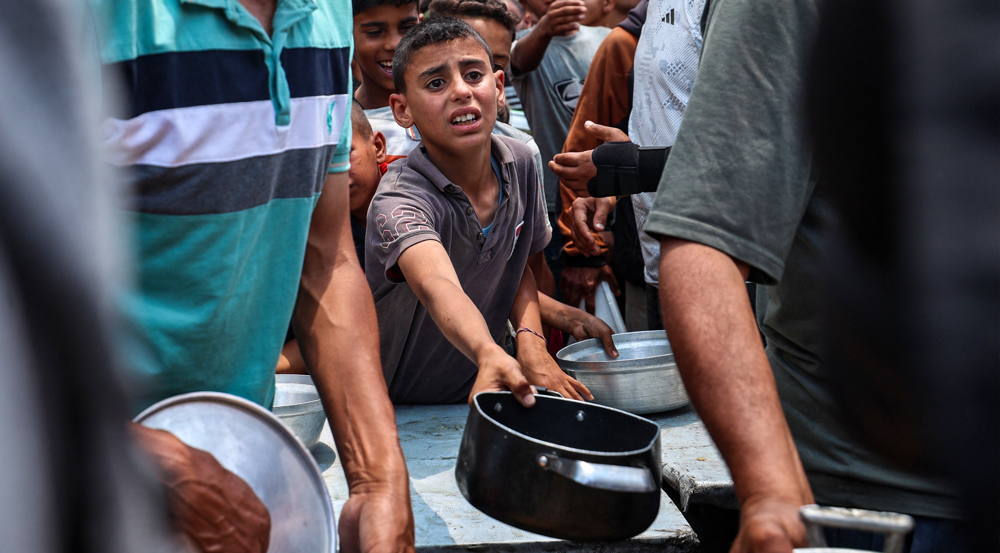
The United Nations says no supplies have reached Palestinians despite Israeli claims that aid trucks were allowed into the Gaza Strip.
While Israel says it has permitted dozens of aid trucks into Gaza under global pressure following a three-month blockade on essential supplies, the assistance remains stuck at the Palestinian side of the Karam Abu Salem (Kerem Shalom) crossing.
Israel said last week it would allow limited food supplies into Gaza for what it described as “diplomatic reasons,” aiming to reduce global pressure that could force a ceasefire.
The regime’s military claimed over 90 aid trucks had entered the strip this week. However, Israeli officials responsible for aid distribution in Gaza have not responded to questions about whether the food and medicines they carried had been authorized for distribution.
Meanwhile, aid organizations also say that no humanitarian relief has been distributed.
The UN said Wednesday it is attempting to deliver vital aid that arrived in Gaza this week to Palestinians, but distribution faces delays from both looting risks and Israeli military restrictions.
UN spokesperson Stéphane Dujarric stated that while most aid arriving since Monday had been transferred to UN trucks, they could not move it beyond the crossing zone. He cited Israeli-approved routes as too dangerous, adding that negotiations for safer alternatives were ongoing.
Dujarric noted that the incoming aid remained “a drop in the ocean” compared to the required humanitarian response.
Food security experts have warned that Gaza faces imminent famine unless the siege is lifted, with starvation worsening as aid agencies exhausted food stocks weeks ago. Nearly all of the 2.3 million residents are dependent on overstretched community kitchens.
Israel launched the campaign of genocide in Gaza on October 7, 2023. It has killed nearly 54,000 Palestinians there so far, according to the health ministry of Gaza.
In January, the Israeli regime was forced to agree to a ceasefire deal with Hamas, given the regime’s failure to achieve any of its objectives, including the “elimination” of the Palestinian resistance movement or the release of captives.
The 42-day stage of the truce, which was marred by repeated Israeli violations, expired on March 1, but Israel is refraining from stepping into talks for the second stage of the agreement.
On March 18, the regime resumed the strikes on Gaza, breaking the nearly two-month-long ceasefire. Israel had enforced a total blockade on Gaza before resuming the offensive, preventing any food, medical supplies, or goods from entering the besieged territory.
The Gaza Government Media Office reports that since then, starvation and medical shortages have claimed at least 300 lives, including 58 from acute malnutrition and 242 from lack of food and medicine.
Israel has been condemned for using starvation as a weapon of war against Palestinians.